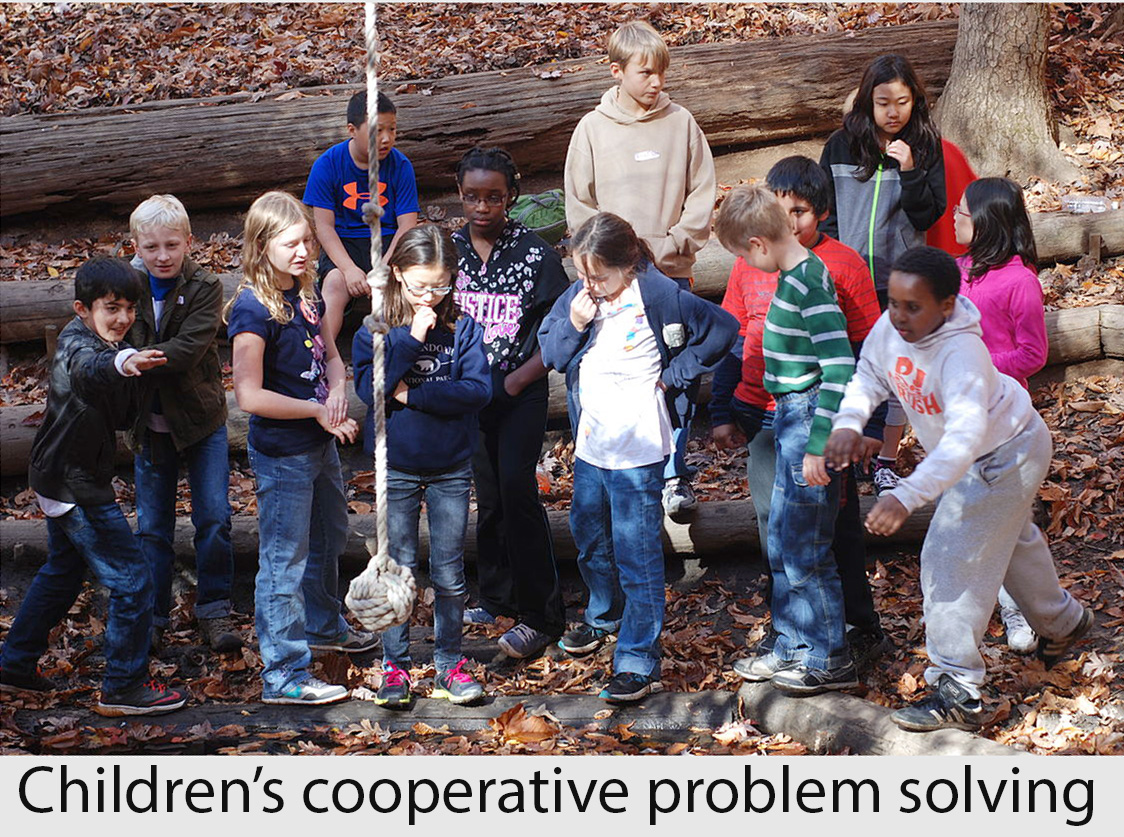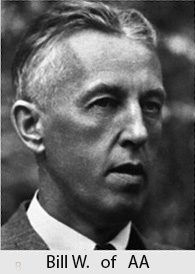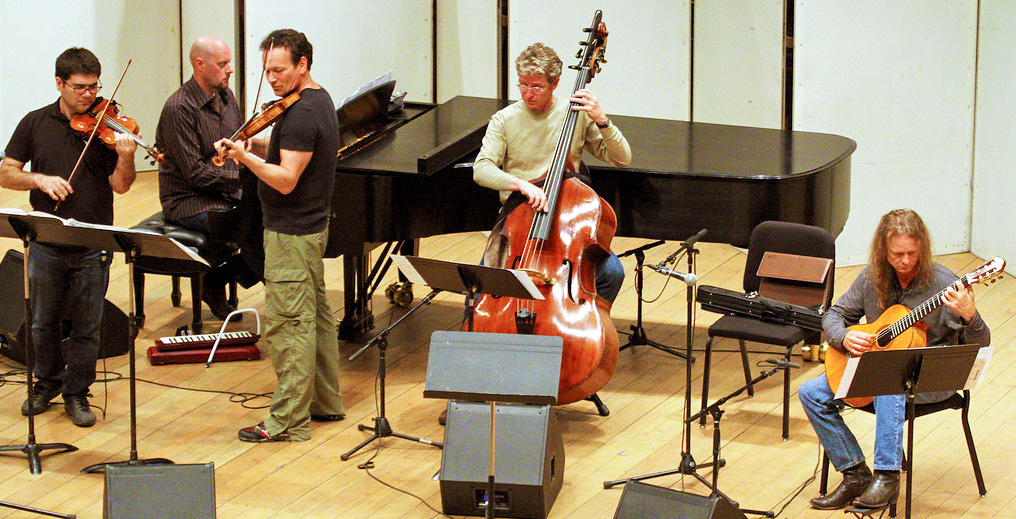Leaderless
Today, we function without a leader. The University of Houston presents this series about the machines that make our civilization run and the people whose ingenuity created them.
Have you noticed how that word leadership peppers our language? We're all supposed to be leaders, and that's troublesome. I strongly doubt that you want to be led. And are you all that eager to lead? I think most of us really like cooperating with others?

So let's look at some things we've built on leaderless cooperation. Take Wikipedia: We all turn to it while the once-revered Encyclopaedia Britannica gathers dust. And it is a leaderless collective. Any of us might manage it! Whatever errors appear soon vanish. New facts arise, and they're included the next day. Wikipedia is now our most complete general source.
Then there's open source software. That's another effort that no one leads. And it's open to all. Anyone with a new piece of software can put it out for others to use and modify. If it gains popularity, a collective of interested people manages changes. It's a lot like editing Wikipedia pages. Facebook, Google, Microsoft – many commercial softwares – all use pieces of open source. And they often feed software elements back into open source.
 Alcoholics Anonymous is a leaderless group that saves so many lives. Bill Wilson, who formed it, based it on anarchist ideas set out by Petr Kropotkin, over a century ago. (Oh My! Now I've said that scary word anarchy. We use it to describe mob chaos. But that's not what it means at all! Anarchy is just social organization that runs without a leader – groups who know they depend on one another, and who focus on common goals.)
Alcoholics Anonymous is a leaderless group that saves so many lives. Bill Wilson, who formed it, based it on anarchist ideas set out by Petr Kropotkin, over a century ago. (Oh My! Now I've said that scary word anarchy. We use it to describe mob chaos. But that's not what it means at all! Anarchy is just social organization that runs without a leader – groups who know they depend on one another, and who focus on common goals.)
Notice that Jimmy Wales founded Wikipedia. Bill Wilson founded AA. Open source software looks to Linus Torvalds as its spiritual parent. But each of those people gave their creations over to the collective. They were founders who withdrew from leadership. They let the groups flourish.
So, more examples: Watch any high-end jazz ensemble. They raise creative anarchy to a high art form. Leaderless orchestras take that idea to much larger groups. And many have done very well. But jazz is more complex because it depends on individual improvisation that meshes with the group. So consider this:

Jazz/Gypsy fusion rehearsal for the Grand Teton Festival
You might tell me that a football team has a coach. Well, yes. But only until the ball is snapped! At that point it becomes a leaderless collective. Sports teams depend on individual improv, while each member serves the common aim of winning the game. And Heaven help a family that can't be a small leaderless group looking after everyone's well-being. Which brings me to a very personal example:
Many of us work together to bring you the Engines of Our Ingenuity radio and podcast series. But none of us leads. Each of us takes full responsibility for his or her episode. Behind the scenes, we each step into whatever role best suits us. It is leaderlessness that's kept this program alive so long. (It'll be 32 years this January 4th, 2020, by the way.)
I'm John Lienhard at the University of Houston, where we're interested in the way inventive minds work.
Petr Kropotkin described the idea of leaderless organization in 1902. See this modern edition: P. Kropotkin, Mutual Aid: A Factor of Evolution (with an introduction by George Woodcock), New York: Black Rose Books, 1989. You can read the original online here.
More recently, Scott Peck explored the idea in his book: M. S. Peck, The Different Drum: Community Making and Peace, Touchstone, 1998.
I gave this talk about leaderlessness the same year that Scott Peck's book appeared here.
For more on UNIX, GNU, and Open Source, and Linus Torvalds see these Wikipedia articles: https://en.wikipedia.org/wiki/Unix
https://en.wikipedia.org/wiki/GNU
https://en.wikipedia.org/wiki/Open_source
https://en.wikipedia.org/wiki/Linus_Torvalds
And this Engines episode: Episode No. 1669
A large variety of peer-to-peer systems are leaderless (or at least leader-minimized) examples. See https://en.wikipedia.org/wiki/Peer-to-peer or
https://www.digitalcitizen.life/what-is-p2p-peer-to-peer
I don't want to be too sanguine about leaderlessness. There can be no doubt that it not only works beautifully on the small scale; it's also essential at that level – families, jazz ensembles, research groups, etc. It becomes more complex as we seek to make it work on a larger scale. Uber, Lyft, Wikipedia, etc. all have problems of some kind. And they function with some elements of hierarchy. But their success could never have been realized under a full leadership hierarchy.
A listener might want to apply the word leader to someone who comes up with a good idea and fosters it, of course. But we should really use a different word ... one that does not call up hierarchy. Maybe "originator," "visionary," or "inventor" for Wilson, Wales, Torvalds, or Jazz originators like Louis Armstrong. Travis Kalanick, who founded Uber, was actually its CEO. But that does not take away from the leaderless character of its business model. Once set in action, Wikipedia, or a Jazz ensemble, functions leaderlessly.
As a matter of interest, I discovered (after I'd done this episode) that I'd done another along these lines back in 2007. See Episode No. 2292.
Photos of Bill Wilson and of cooperating children are courtesy of Wikimedia Commons. The jazz photo is by J. H. Lienhard.
This episode was first aired on January 3, 2020